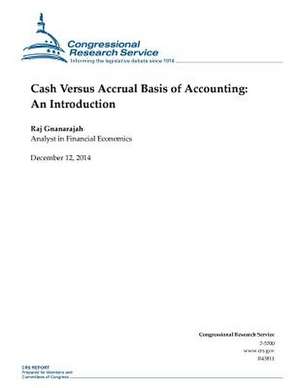Cash Versus Accrual Basis of Accounting
Autor Congressional Research Serviceen Limba Engleză Paperback
Preț: 119.95 lei
Nou
Puncte Express: 180
Preț estimativ în valută:
22.96€ • 23.62$ • 19.05£
22.96€ • 23.62$ • 19.05£
Carte disponibilă
Livrare economică 27 ianuarie-10 februarie
Preluare comenzi: 021 569.72.76
Specificații
ISBN-13: 9781505587852
ISBN-10: 1505587859
Pagini: 24
Dimensiuni: 216 x 279 x 1 mm
Greutate: 0.08 kg
Editura: CREATESPACE
ISBN-10: 1505587859
Pagini: 24
Dimensiuni: 216 x 279 x 1 mm
Greutate: 0.08 kg
Editura: CREATESPACE
